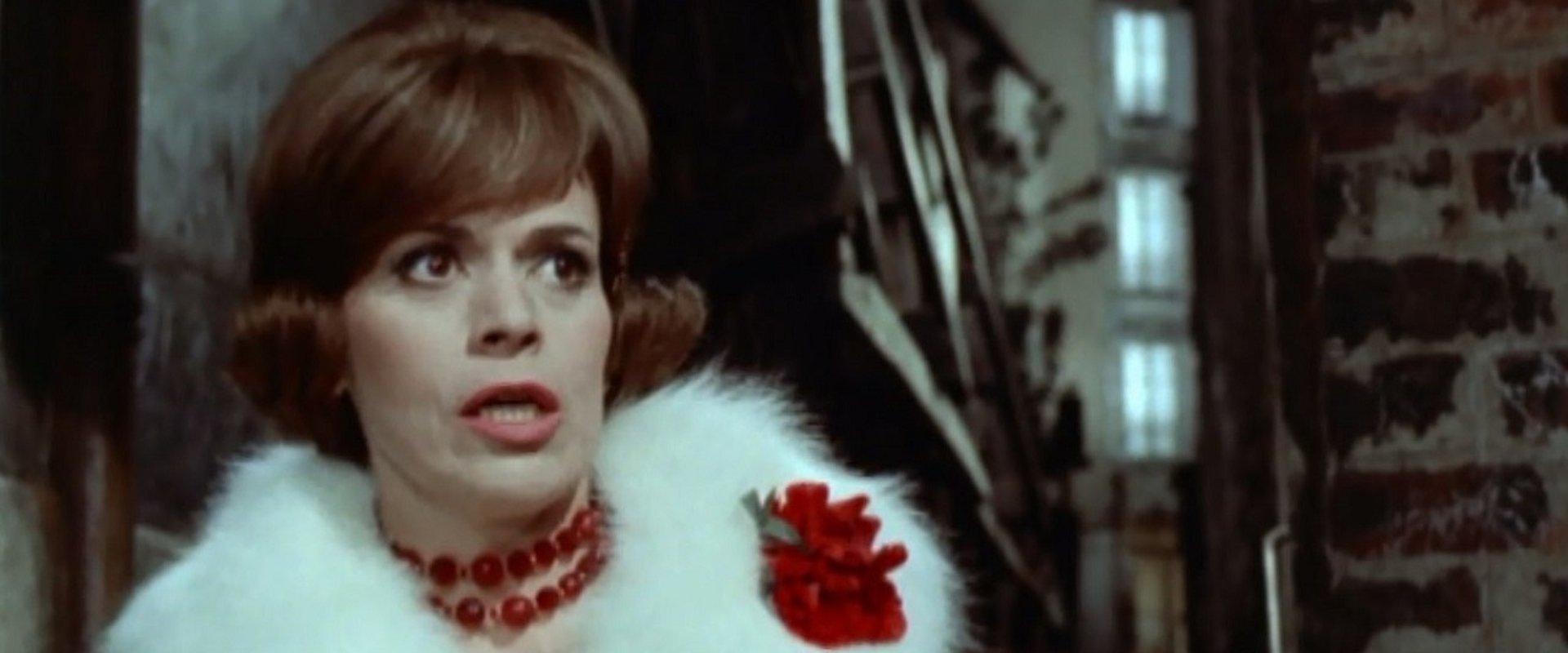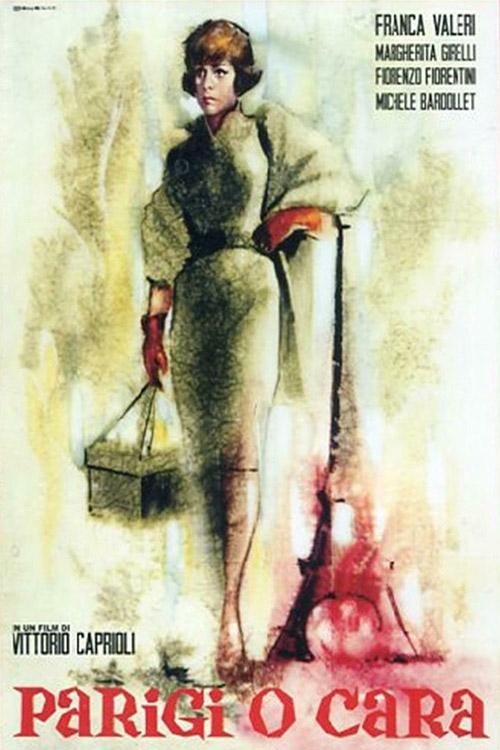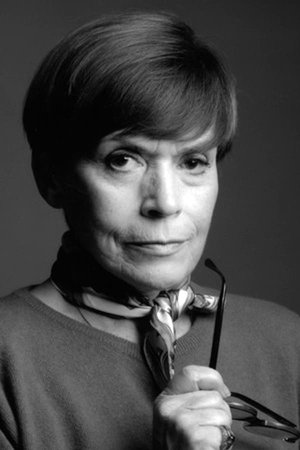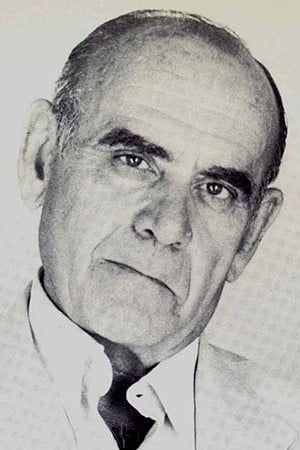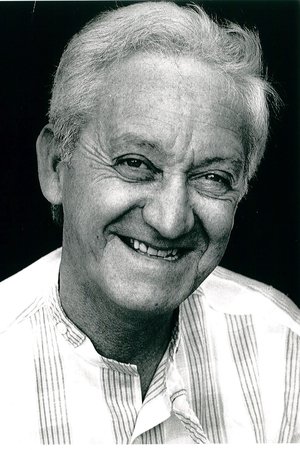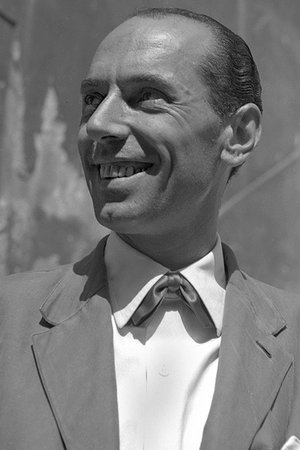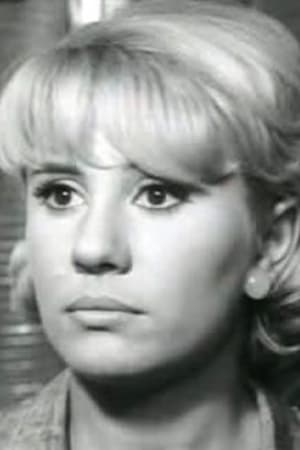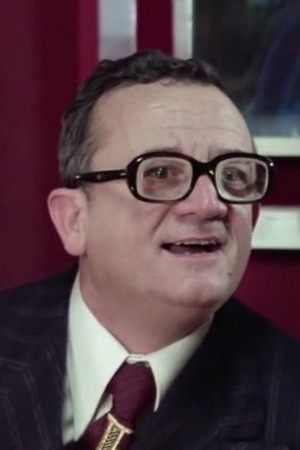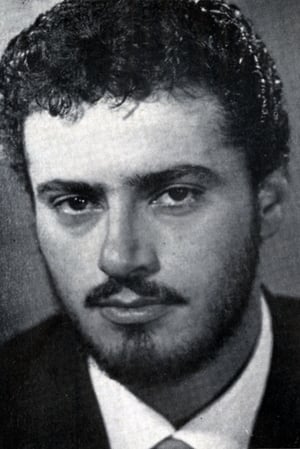Paris, My Love (1962)
-
Release12/05/1962
-
ProductionAjace Produzioni Cinematografiche
-
Rotten tomato72%
-
Original titleParigi o cara
-
Original languageit
-
Production Cost
-
0.00-
Overview
Parigi O Cara is probably the most camp in the history of Italian cinema, certainly a favourite with the GLBT community who quote its lines by heart. Unique as it's the only film where Franca Valeri (now 90) is the unquestioned star, in the role of Delia, a snobbish, stingy prostitute who is moving to Paris looking for greener and more lucrative pastures. An anti-neorealist, amoral, almost abstract comedy, which anticipates Almodóvar, a ferocious, though gentle, non-moralistic portrayal of the 60's boom and its broken dreams. The dialogue between Delia and her brother (played by Fiorenzo Fiorentini), when he does (or does not) tell her he is a homosexual, is memorable, a primordial coming-out, a masterpiece of allusions. But what makes it one of the first examples of a film with a "gay point of view" is the approach: perceptive, non-conformist, caustically witty. A film ahead of its times, still unbeaten.
-
Director
-
Story
-
Editor
-
Producer
Currently available to stream, watch for free, rent, and buy in the United States. You can makes it easy to find out where you can legally watch your favorite movies & TV shows online.
